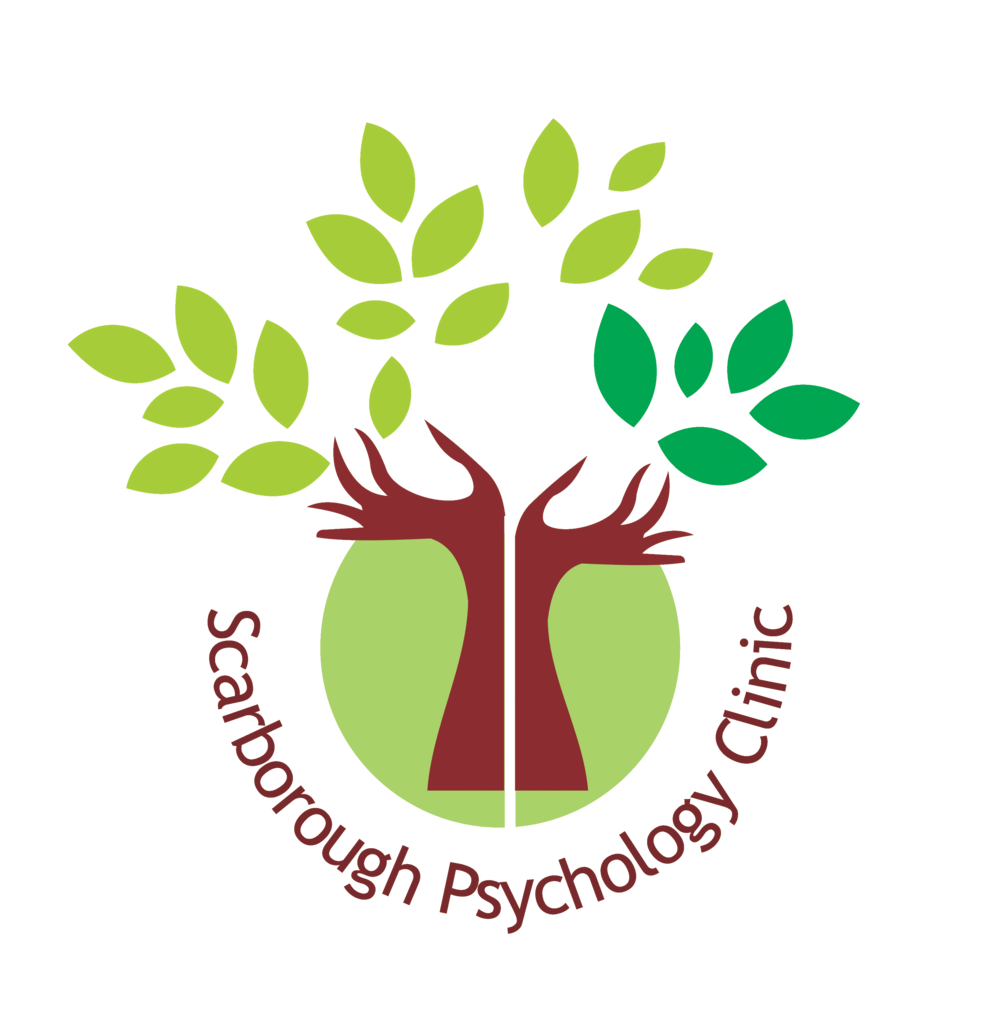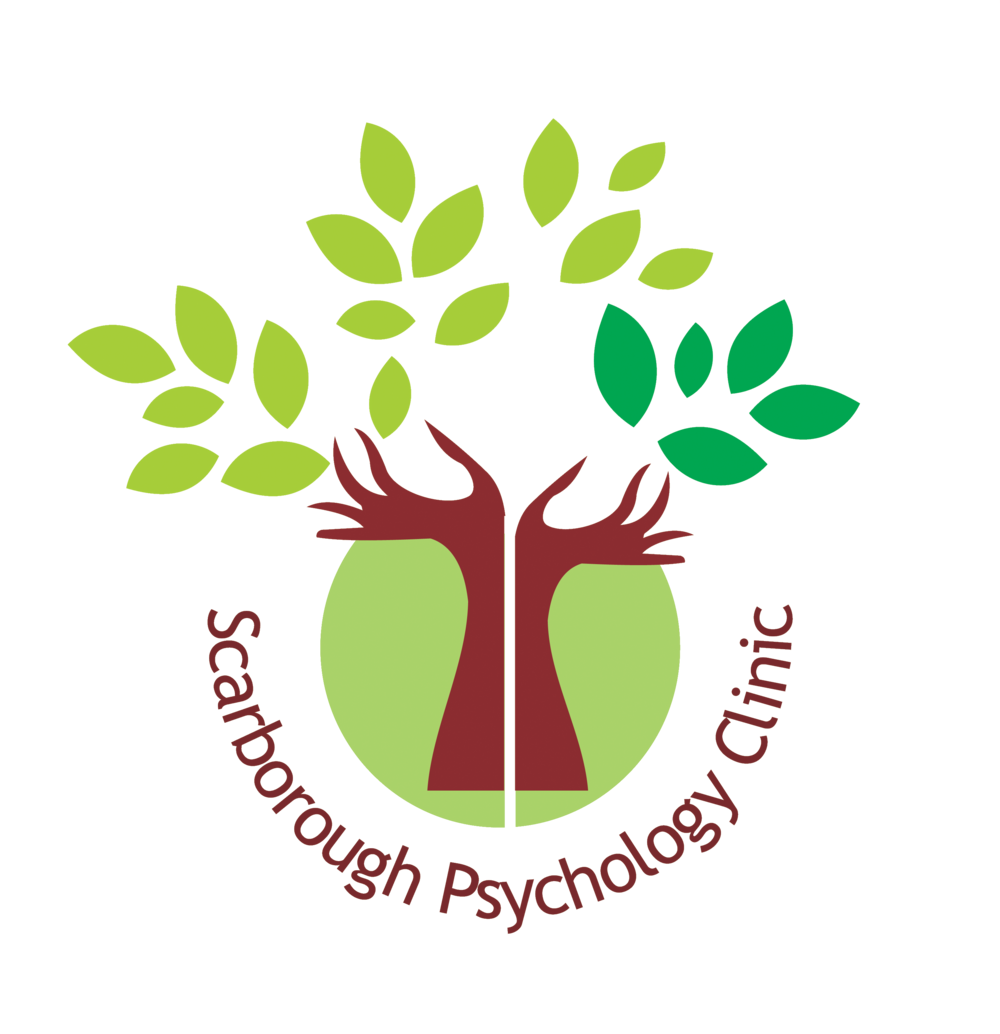Over giving, over holding, over giving. You might catch yourself in this pattern where you find yourself overgiving to people who do too little for you or holding onto words that hurt. You might be hoping that maybe this time things will be different.
Many of us have experienced what it’s like to grieve a friendship. The end of a friendship does not always come with a dramatic betrayal or a fallout, but sometimes it’s the silent fading of trust or the decision to walk away because the connection became too heavy, too toxic, or no longer safe for your mental health.
This is friendship trauma, a type of emotional trauma that does not always get the acknowledgement it deserves but often affects our future connections.
What Is Friendship Trauma?
As humans, we need connections. We seek out relationships that give us meaning, comfort, and belonging. Among the most vital of these are friendships. Unlike family, friendships are chosen bonds. They reflect our values, mirror our personalities, and help shape who we become through shared interests and life experiences. More than just companionship, friendships fulfill a basic psychological need to be seen, accepted, and supported for who we truly are.

But when these bonds break, whether through betrayal or slow distancing, the impact can be significant. Friendship breakups often are unrecognized; however, they can hurt just as deeply as a romantic breakup or a familial issue.
How Friendship Trauma Affects the Mind and Body
Expected trauma from broken friendships is usually underestimated. However, friendship trauma can be so significant that it may give rise to health issues, as well as psychological issues. As Brent et al. (2013) state, friendships are linked to neural circuits that involve dopamine, serotonin, and oxytocin, which are neuromodulators that explain the reason why friendships are emotionally fulfilling, and essential to well-being.

Furthermore, loss of friendships can give rise to physical symptoms such as insomnia, gastrointestinal discomfort, and chest tightness. In addition to the physical distress, trauma from friendship can also result in anxiety, depression, and feelings of worthlessness (Schneider, 2021).
When the Past Affects the Present: Trust and New Bonds
A study conducted by Hall and colleagues (2018) investigated how long it takes for someone to become a good/best friend. The result showed that it takes over 200 hours across a span of six weeks for friends to become good/best friends. Therefore, given the time and emotional investment required, it is understandable that past friendships can significantly influence the formation of new ones.
An article by Zarrabi (2024) offers insights on why it may be difficult to move on from a broken friendship:
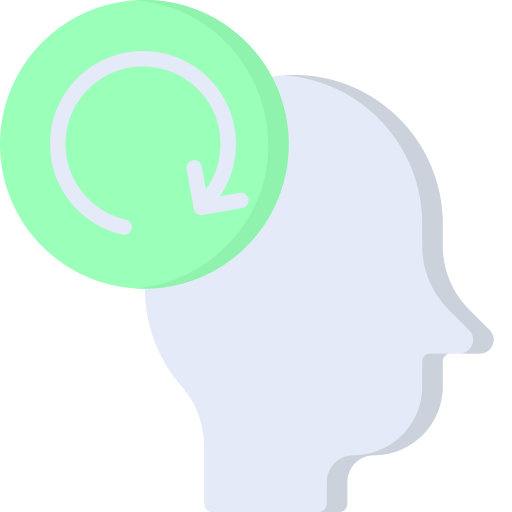
You’re still holding on to what happened before: If your friend was someone you have shared significant memories with, or was with you during a vulnerable moment of
your life, you may find it significantly difficult to move on from. Sharing a close relationship with your friend can make it harder for you to accept that the friendship is over.
The friendship ended suddenly: Forming a close friendship means that the person becomes a significant part of your life; therefore, ending the friendship may be almost inconceivable. Such that, if the friendship ends suddenly, you may still be in shock, making it harder to grieve.


You begin to question whether things might have turned differently had you made a different choice: You might find yourself blaming yourself for the friendship ending, wondering if saying or doing something different could have saved it. However, once the friendship is over, dwelling on the past and blaming yourself can prevent you from opening up to new connections and moving forward.
The Impact of Betrayal on Future Trust
Moreover, past experiences of broken trust in friendships can hinder both our willingness and ability to build trust in new relationships (Gobin and Freyd, 2013). The pain of feeling betrayed by someone we once considered to be our close friend can often disrupt our sense of security and make us more afraid to open up to someone new. According to betrayal trauma theory, individuals who have experienced betrayal trauma are more likely to find difficulty with trust in relationships; as a consequence, it affects their ability to form close bonds and increases the risk for revictimization (Gobin and Freyd, 2013).
A study conducted by Gobin and Freyd (2013) investigated how betrayal trauma affects a person’s tendency to trust others in an interpersonal context. The authors used the Brief Betrayal Trauma Survey (BBTS), a type of self-report measure, to assess participants’ life-threatening trauma experiences at three time points. The study concluded that high levels of betrayal trauma were associated with lower levels of general and relational trust (Gobin and Freyd, 2013).
Subsequently, we may find ourselves holding back emotionally or building unrealistic boundaries in order to protect ourselves from getting hurt again. Therefore, recognizing the impact of our past friendship can be a significant step towards healing and learning to trust again.
As such, you may find yourself questioning how to restore trust in past and future friendships. Well, the journey to rebuilding trust is unique to each individual; however, trust can be re-established through a gradual process that requires effort and patience.
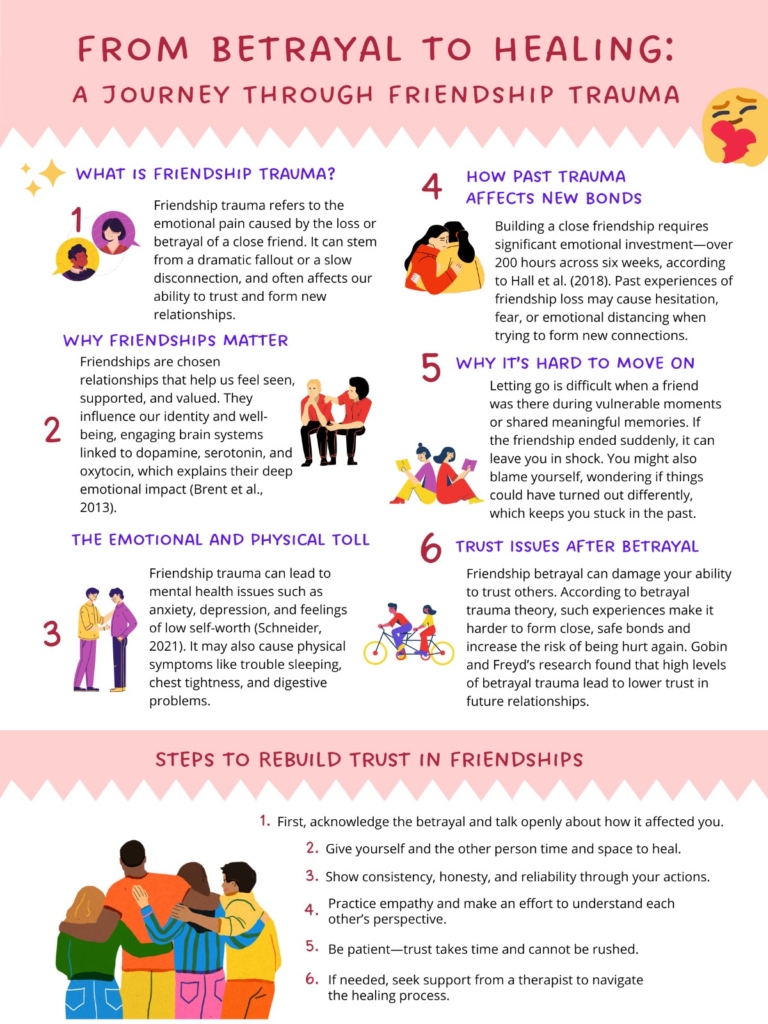
Steps Toward Rebuilding Trust After Friendship Trauma
Here are some strategies to help guide you through the process:
Acknowledge the betrayal→ Before trying to rebuild the trust, it is important that both parties openly acknowledge what had happened and how it affected them. Avoiding talking about the betrayal or issue may only prolong the pain and hinder the healing process.


Allow time for healing → Rebuilding trust takes time; therefore, both individuals need time to properly process their emotions and determine whether they’re truly ready to move forward. Allowing for this individual healing space can encourage authentic healing, rather than rushing toward a resolution.
Show consistency and reliability → The foundation of trying to rebuild trust lies in the ability to consistently show honesty, reliability, and follow-through. For example, if your friend has been dishonest in the past, demonstrating honesty in everyday actions can slowly help rebuild that broken trust.


Practice empathy and understanding → When trust is lost in a relationship, both parties need to put in effort in order to understand each other’s perspectives. Empathy can help rebuild trust by portraying that their feelings are valid and respected.
Be patient and allow trust to grow → As stated before, rebuilding trust and healing takes time. Trust cannot be demanded. It has to come naturally. Therefore, rather than expecting things to go back to how they once were, focus on the consistent efforts to rebuild the relationship.

Seek professional help if needed → Sometimes, rebuilding trust in a friendship may require outside support. You may engage in individual therapy sessions or joint sessions, but professional guidance can be extremely helpful when it feels difficult to move forward. In situations where the betrayal comes from deeper issues, a therapist can offer a safe space to explore each other’s emotions and provide tools to strengthen the relationship.
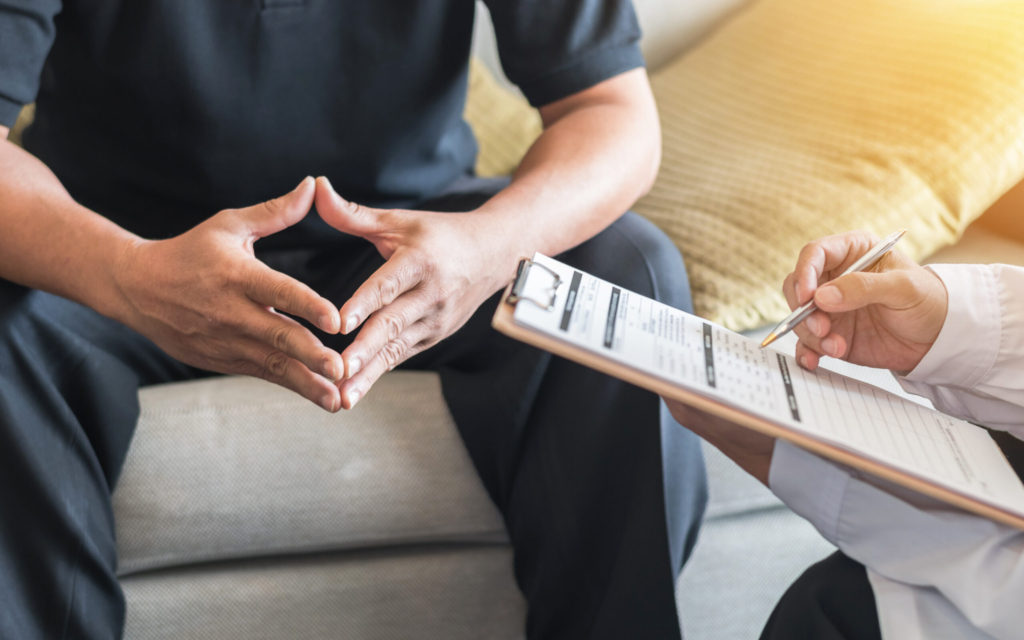
While broken friendships can cause trauma and leave deep emotional scars, it is important to remember that healing is very much possible. At first, the pain and betrayal may feel permanent, like you may never be able to move on, but with time and effort, we can rebuild our capacity to not just trust others but also ourselves. Our past does not necessarily define our future relationships. However, if the healing journey ever feels too heavy, know that there is always support available to help guide you through.
💚 If you’re finding it hard to move on from a painful friendship, know you’re not alone. Our compassionate therapists at Scarborough Psychology Clinic can help you rebuild trust—in others and in yourself.
Book a free 15-minute consultation or explore our therapy services today.
Further Readings
Brent, L. J., Chang, S. W., Gariépy, J., & Platt, M. L. (2013). The neuroethology of friendship. Annals of the New York Academy of Sciences, 1316(1), 1–17. https://doi.org/10.1111/nyas.12315
Bthen. (2025, March 13). Rebuilding Trust with a Friend, Partner, or Family Member. Crisis Text Line. https://www.crisistextline.org/blog/2025/03/14/rebuilding-trust-in-a-relationship/
Gobin, R. L., & Freyd, J. J. (2013). The impact of betrayal trauma on the tendency to trust. Psychological Trauma Theory Research Practice and Policy, 6(5), 505–511. https://doi.org/10.1037/a0032452
Hall, J. A. (2018). How many hours does it take to make a friend? Journal of Social and Personal Relationships, 36(4), 1278–1296. https://doi.org/10.1177/0265407518761225
PsyD, R. Z. (2024, April 25). If you’re having difficulty moving on, these reasons may play a role. Psychology Today. https://www.psychologytoday.com/ca/blog/mindful-dating/202311/6-reasons-friendship-breakups-are-so-hard
Schneider, G. S., PhD. (2021, November 23). Losing a friend hurts. Acceptance and self-kindness can help us heal. Psychology Today. https://www.psychologytoday.com/us/blog/frazzlebrain/202111/coping-the-loss-friendship-0
